The Most Dangerous Word?
Why Only Black People Can Say The N-Word
The N-Word is perhaps the most offensive and controversial word in the English language. The word has transitioned from formerly being used in everyday language, to now being essentially prohibited for people who aren’t black. Let us remember that our country used to allow the ownership of people as property on the basis of their skin color. Those enslaved people were described and labelled using the N word. Since then, the word has been used to denigrate African Americans, becoming one of the most powerful words in the English language. Let’s take a look at the history of the word and rehash why black people have reclaimed it.
Since the Civil Rights Movement of the 1960s, controversy around the N-word has increased. The N-word is controversial because it’s usage conveys ideas of white supremacy. There are countless instances of people losing their careers over using the N-word. Country singer Morgan Wallen, and entrepreneur John Schnatter, also known as Papa John of “Papa John’s Pizza”, are two recent examples. Often celebrities who have used the word publically have been forced by public outcry to release apologies. In 2021, the word is essentially banned for anyone who isn’t black. In fact, as of this year, Albuquerque Academy has a strict policy on the word. In books such as To Kill a Mockingbird, or Huck Finn students and faculty are prohibited from saying it out loud and must instead replace it with “n-word.”
Sensitivity to the N-word has drastically increased in recent years. Plenty of college prospective students have had their admissions rescinded for using the word, like Kyle Kashuv, 2018 Stoneman-Douglas High School shooting survivor. Many point out that “slavery ended over 150 years ago.” While slavery may have ended, racism has not, and black people have not recovered from it because we haven’t allowed them to. They continue to to be disproportionately represented at the bottom of the socio-economic ladder, and in the prison population
With race being a social construct, society manufactures racial privileges. Other races shouldn’t use the The N-word because it is still used to denigrate black people. If you are not black, usage of the N-word is wrong.
Many people, especially those on the political right, view its restriction as itself a kind of racism. Dennis Prager, conservative talk show host and founder of PragerU, says, “It’s idiotic that you can’t say the N-word. Of course you should never call anybody the n-word, that’s despicable. But to say the word? You cannot even say that the word is despicable. You have to say ‘the n-word.” Some, such as Prager, see it as just a word that does not necessarily have to carry a negative connotation. Others recognize the history behind it but argue that either no one should be able to say it or everyone should. John McWhorter of The New York Times, whose pieces on the word give a far better history from a more qualified perspective, writes, “What a society considers profane reveals what it believes to be sacrosanct: The emerging taboo on slurs reveals the value our culture places — if not consistently — on respect for subgroups of people.” The word becoming taboo reflects society’s increasing awareness and rejection of racism.
Many people in white America have decided to claim a word of their own: “cracker.” The term originated in the 18th century and was used by white people to describe and denigrate poorer white people. Music fans had publicly condemned country artist Morgan Wallen after his use of the N-Word, but conservatives fired back condemning famous rapper Tee Grizzley for his use of the word “cracker.” In his song “First Day Out,” he raps, “I told them crackers holler at me when they sober.” While the word could certainly be used in an offensive manner, it does not carry the same weight as the N-word. First, unlike the N-word, the term “cracker” wasn’t historically used to oppress the racial group it’s directed at. Unlike the N-word, “cracker” has not been associated with owning white people as slaves, denying white people the right to vote, or lynching white people. The N-word was used by the white people in power to label their victims. White people aren’t the oppressed group in the American capitalist system.
Recently, the N-Word has most commonly been used in Hip-Hop music. With Hip-Hop being America’s favorite music genre, the majority of America is exposed to the word on a daily basis. One song in particular, however, reasons why only black people can use the N-Word: Joyner Lucas’ I’m Not Racist. The music video features a white man and a black man sitting face to face and exchanging racist messages in the form of rap lyrics but finishing each of their sentences with “I’m not racist.” In the black man’s opening statement he says, “That word was created for you to keep us under. And when we use it, we know that’s just how we greet each other. And when you use it, we know there’s a double meaning under. And even if I wasn’t picking cotton physically, that doesn’t mean I’m not affected by history.” There is a history of white people using the word to subjugate black people. John McWhorter somewhat agrees with that sentiment: in his article How the N-Word Became Unsayable, he notes that “[he] is concerned here with ‘n-word’ as a slur rather than it’s adoption as ‘n****,’ a term of affection by Black people, like ‘buddy.’” [Editors note: McWhorter used the actual word in his essay, but consistent with AA policy, we have not.]
The First Amendment of the United States Constitution says that “Congress shall make no law… abridging the freedom of speech.” Many interpret this as a free pass to speech without consequences. The amendment does say that the U.S. government has no power to punish anyone for inappropriate language. However, the amendment says nothing about preventing social backlash from society, employers, or other private entities. The social backlash represents acknowledgement of the appalling connotation that the N-word carries.
The N-word is a word that uniquely belongs to black people. If you aren’t black, don’t use it. It’s that simple. Regardless of one’s intentions when saying it, black Americans have reclaimed the word after it was used for centuries to mentally and physically abuse them. The N-word is not “just a word.” It is inherently tied to one of the greatest tragedies in human history that is still affecting us today. Professor John Blake says, “Since we have uniquely suffered from the use of the n-word, we’re the only ones who have the right to use it. When we reclaim it, we can use it anyway we want. For us, using the n-word isn’t repeating a racial slur; it’s an act of defiance.”
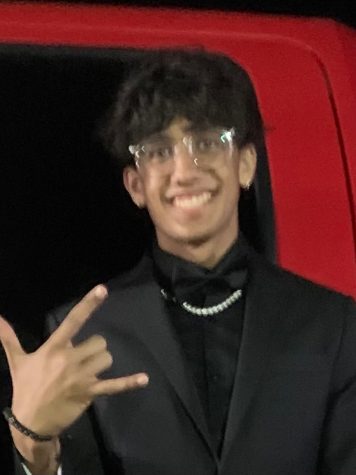
Neil Mahto '23 is the life of the party in every group and situation. You can always count on him to crack the right joke and put a smile on your face....


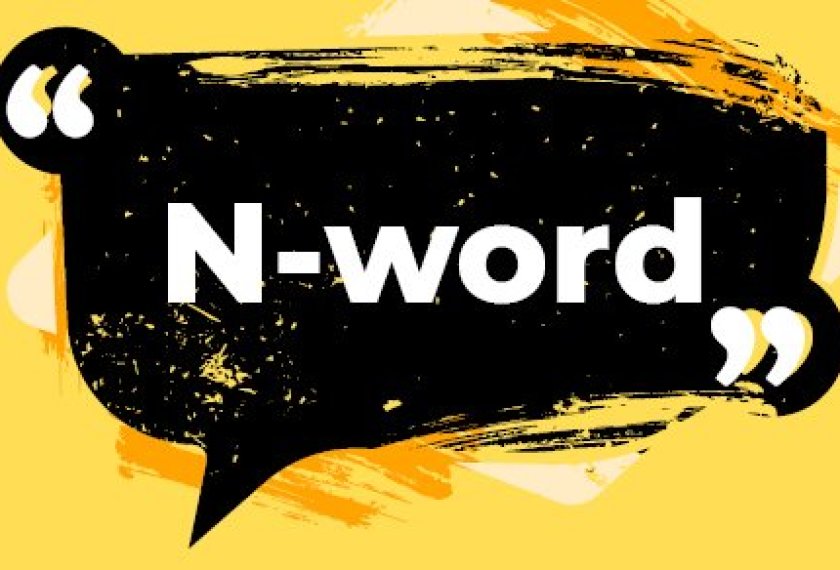
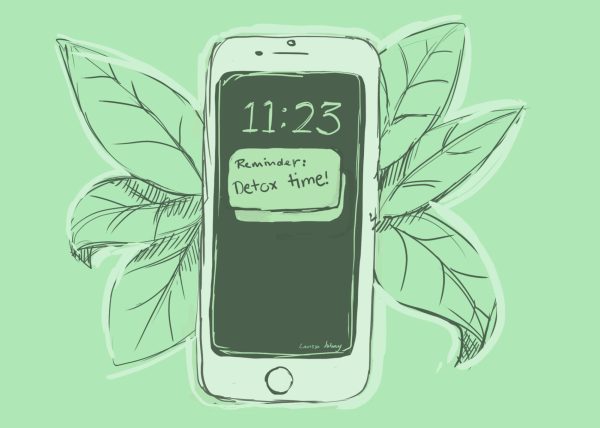

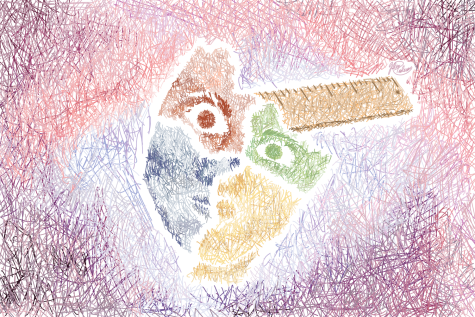
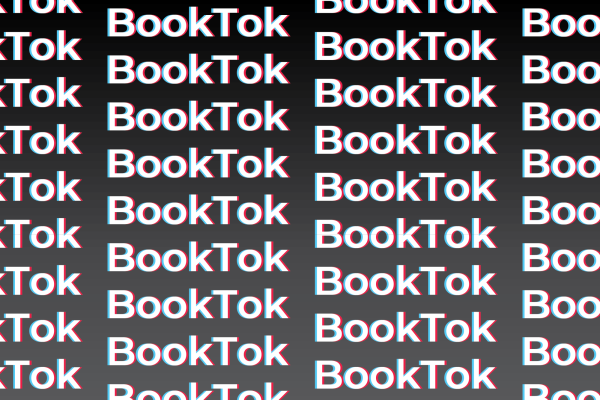

ovitt • May 12, 2021 at 3:32 pm
Excellent article on a controversial topic.
Dr. Morris • May 12, 2021 at 3:10 pm
Thank you for this piece! Spot on!